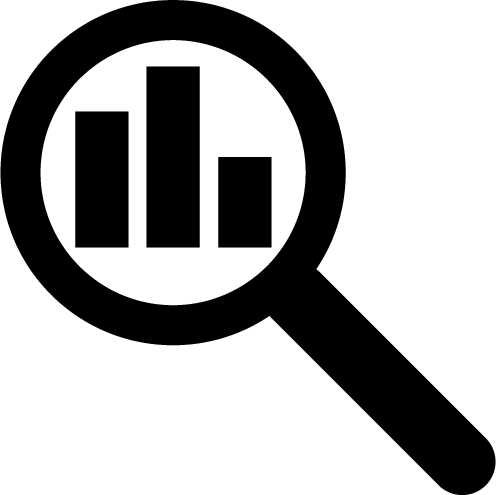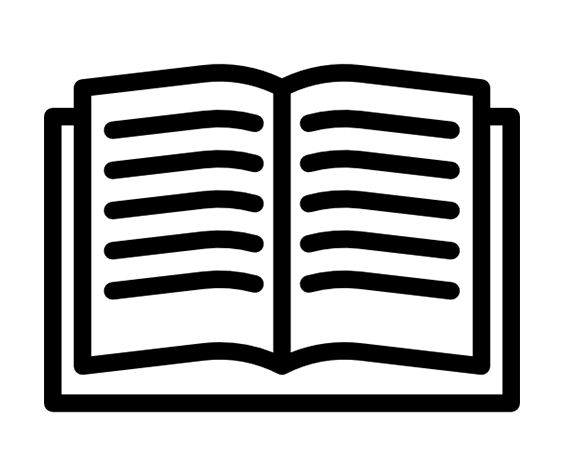How Daryl Woodhouse is battling the Shame of the 40-hour week
Posted:
By Teresa Murray, freelance writer for Healthtech & Giant Health Conference Team Writer
Daryl Woodhouse’s meteoric professional trajectory is probably not all that different to many of other senior executives or CEOS. Fast-tracked onto the executive development track early on his career, Daryl worked both hard and smart. He cut his teeth in multiple corporate divisions before being head hunted at just 22. By age 26 he was a senior national leader in a FTSE100 company.
Something to be proud of, and he indeed he is. Few achieve seniority at such a young age. Before he was 30, Daryl followed his dream to build his own company and left his high-flying corporate job. Succeeding yet again, he built a 7- figure revenue business that provided executive leadership and training and coaching services to organisations. There’s a “but” coming though. Daryl’s business was certainly thriving, but Daryl wasn’t. Daryl attributes his past successes to “working smart and working hard” and by working hard, he means chronically overworking for many, many years. It came with the territory.
“many managers are conditioned to believe that to be successful, you must suck up the pressure and stress, be “always on and responsive” to the demands of work 24/7, and put the organisation’s needs before your own” Daryl says
And it’s true, in too many cases that’s exactly how you get ahead.
And that is exactly how people crash and burn big time.
And that is exactly what happened to Daryl.
In Daryl’s case, he had already been experiencing significant amounts of burn out, work related stress and health issues from years of chronic overworking. He had
already been suffering the effects.
However, as is often the case, it was tragedy in his personal life that finally pushed him over the brink.
With resilience eroded and depleted energy resources, high functioning Daryl lost the ability to function.
That’s what happens with severe burnout and exhaustion.
And, as Daryl says, many don’t come back from a situation like that.
He did come back, but it wasn’t easy.
At the beginning, he was ashamed, he self-stigmatised. Then he gradually started to
open up. When he did, he saw that there a lot of loving support to help him recover.
And guess what?
As he told his story, he heard many tell very similar tales of burn out and stress. It seemed to be an all-too-common problem.
Apart from therapy and rest, one of the game changers for Daryl happened when he literally reverse-engineered his work-life balance.
Daryl explains that most people build their lives around their work. They set work-related goals focused on earnings or work status. Then, they try to mould the rest of
their lives around their work schedules.
So, what exactly did Daryl do differently?
He started with his life goals, not his career goals. He took the time to reflect on his priorities and the life he wanted. He designed his life around his priorities, like time for
friends and family, and health and well-being. Once he had set up his plan for recovery and maintaining recovery, he then built his work around that.
This ultimately meant working a 4-day week.
Daryl had seen what it was like to be plummeted into the dark abyss that is real burn out so was determined to ensure he stayed on track no matter what.
However, to his surprise, after a while he noticed that his productivity at work improved exponentially, resulting in bigger business opportunities and success results.
Not only that, he felt mentally and physically fit, more energetic and actually enjoyed his work and life more than ever.
How could it be that by working more than half of his previous 70+ hour work week, he and his company were reaping twice the benefits?
Intrigued, Daryl started to delve into research on productivity and burn out. He explains there is a lot of research that supports that working less has significant productivity gains and health benefits. Certainly, more than the 60-80 hour week, and especially when we harness smarter work and productivity habits.
Remember the 40-hour week?
Daryl reminds us that it was put there for a reason. It was good for health, balance and optimising performance outputs. We just seem to have forgotten that. Or companies and organisations have.
Daryl cites the example of Microsoft Japan who found that by reducing the working hours of their staff by 20%, there was an 40% productivity gain. New Zealand and
Iceland have both ushered in changes along the lines of Daryl’s 4-day week.
Recently, Scotland has announced that it is looking for companies to pilot and pioneer the 4-day week there.
So, if it’s such a no-brainer, why are companies and organisations turning a blind-eye to both research and common sense? A relevant question considering the high
employer costs related to burn out and stress related health conditions.
Daryl attributes this disappointing lack of change to just how much organisations are so culturally conditioned to work in pressure cooker type environments, and the
extent to which they still believe, despite mounting evidence to the contrary, that worker exploitation i.e. doing more with less, impacts positively on their bottom line.
Add to this Daryl says, copious amounts of normative organisational resistance to change and the “rabbit in the headlights” syndrome where executives and staff are
stuck in perpetual vortexes of reactivity, rather than engaged in reflecting on what is going on and how effectively people are working.
So, it’s no surprise that chronic overworking is still the prevailing modus operandi.
From Daryl’s perspective, the pandemic may bring change as previously ignored levels of burn out and other mental health issues are being highlighted in their workforces as clear negatives, not only to the company’s bottom line, but also to their image.
“We may be in a “stop and think time”, where it’s more about how to redesign modern work set ups, not if”
During the pandemic, many people had to juggle work and life priorities in a different way.
Like Daryl, many figured out that their own health and well-being, and that of their nearest and dearest were more important than getting ahead in their jobs. Many who
had been spinning on the hamster wheel for decades with significant costs to their health, stepped off.
Daryl, seeing the benefits to his life, and to his company, set out on a mission to show others that prioritising work –life balance, smarter work productivity and well-being
was the way to go.
Daryl’s weapons of choice are a combination of teaching people better productivity skills and techniques to gradually reduce their working hours. He teaches habits that
promote smarter working, alongside greater mental and physical fitness.
Daryl explains that time investments are merely minutes spread over the day, but the cumulative effect of these minutes bring significant gains in time and productivity for
the person, which in turn lead to better health and well-being.
So, people start to reshuffle and reduce their overworking. Impact!
More importantly, new knowledge keeps people off the burn out track. Many people trivialise burn out, even when they suffer from it themselves, treating it like a mere
bout of tiredness that a few days’ rest will fix.
That’s why educating people on the realities of burn out is part of the important work that Daryl does, and he can speak from experience. This lends him credibility when
facing sceptical executives.
Daryl is convinced that a wave of change is coming, not driven only by the pandemic, but by the research itself. This makes it harder for governments and employers to
ignore.
Daryl signals another important factor and driver of change.
Employers need to understand the generational change wave that is coming at them hard and fast. Younger generations are cut from a different cloth; the overriding
motivation for many is neither money nor the status achieved by seniority in some company they could care less about.
Rather, they seek better balance in their lives, more flexibility from their workplace, and of course more digitally driven work environments alongside healthier lifestyles
and experiences.
Daryl is convinced that if companies fail to adapt fast enough to these emerging trends and neglect the often shamefully poor levels of mental and physical health and well-being that characterises too many workplaces, they will not thrive, and some may even cease to exist.
He sees digital solutions and digital therapeutics as an amazing opportunity for companies to scale new and better ways of working and drive the necessary cultural
change.
It has not been all flowers and dance for Daryl’s company during the pandemic.
His company, like so many, was hit hard by the pandemic and he and his team had to quickly pivot from a more traditional service delivery set up to a more digitally focused one. Not only this, despite much ado about the mental health repercussions of the pandemic and confinement, as usual, employers cut coaching, leadership and well-being budgets, as is always the way when short term cost saving and profit is prioritised over long term investment opportunities.
However, Daryl, and his team had the resilience and energy required to navigate this crisis, adapting and pivoting quickly.
Today his company has leveraged digital innovations to scale to help many more people than ever before. His app, Life Work Effect takes people through the steps and
techniques to learn how to work smarter and achieve more without overworking or burnout.
His new and free EBook, ‘4 Epic Life Work Effect Pillars of Smarter Hybrid Working’ takes the reader through more than 50 easy to action techniques and habits that bring about the dramatic changes in life and work balance that Daryl himself experienced, but adapted to today’s hybrid work set ups which mix home and work life more than ever.
Hopefully, it’s only a matter of time before companies see the light.
Optimistically it’s only a matter of time before the smart, admired executive is the one working the 4-day week, not the 80 hour one.
Meanwhile, Daryl battles on. Undeterred.


 Attendees
Attendees
 Sponsors and Exhibitors
Sponsors and Exhibitors
 AI In Healthcare: A Virtual Course
AI In Healthcare: A Virtual Course
 Contact us
Contact us